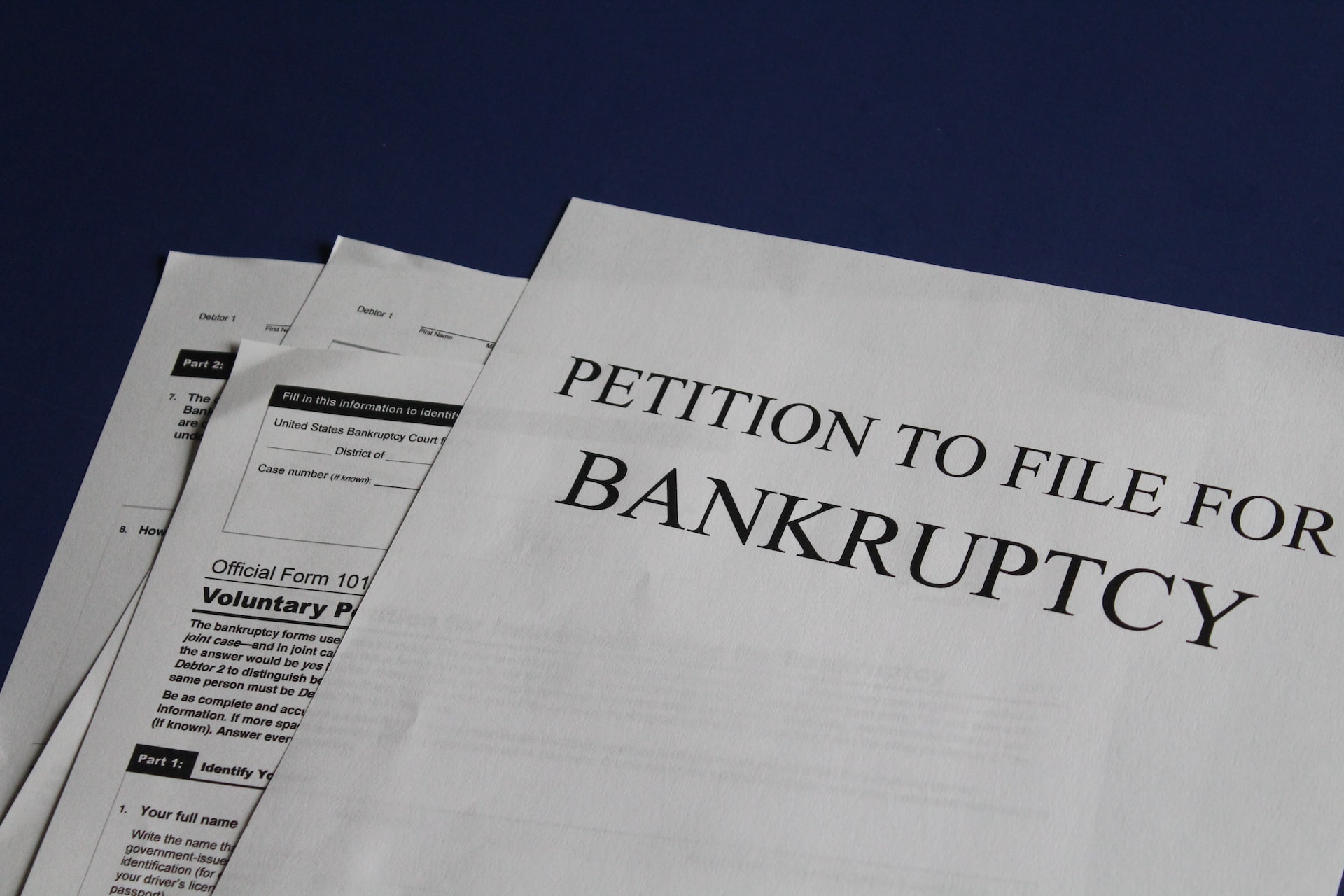Bankruptcy and Employment Law
 " alt="Bankruptcy and Employment Law">
" alt="Bankruptcy and Employment Law">
Written on behalf of Peter McSherry
The recent news that Harvey Weinstein’s company is filing for bankruptcy raises the issue of what impact such an event will have upon employees’ claims. The short answer is this is a disaster.
Wage Claims
Once a company goes bust, there is appointed a trustee, which manages the assets, usually in an attempt to liquidate or sell them. An employee does have a preferred claim for unpaid wages which comes in priority to any secured claims such as a mortgage or other security given to a bank or lender. This is modest in the sum of $2,000 and again only applies to unpaid wages and vacation pay owing in the six month period prior to the bankruptcy. There is also a priority for unpaid expenses incurred by the employee to a cap of $1,000.
Wage Earner Protection Program
This is a program delivered by Service Canada, which reimburses eligible employees for unpaid wages, vacation pay, severance and termination pay that are owed after an employer becomes bankrupt.
The maximum payment for an eligible employee is equivalent to four weeks of insurable Employment Insurance earnings. Payments under WEPP will be made directly by Service Canada and not by the trustee.
Directors’ Liability for Unpaid Wages
Directors of the company are also responsible for unpaid wages to a cap of 6 months. This includes unpaid vacation pay as well as unpaid earnings. This complaint can be enforced by the Ministry of Labour.
Tort Claims – Civil Wrongs
There may also be civil claims made against the directors personally but this is unusual. The party suing must generally show deliberate and intentional wrongdoing on the part of the director. The good news is that often these persons have liability insurance to fund such cases when successful.
Trustee Rehires or Sells
Occasionally the trustee will continue the business as an ongoing concern and will ask the employees to continue with it. This is considered new employment and is usually governed by a tight employment contract. Sometimes the trustee will sell the assets of the business to a new buyer who may also elect to hire certain employees. If no new contract is then signed, there will be a continuum of employment which is helpful on a later termination to determine the length of employment.
Other Claims
Apart from the above, the bankruptcy of the employer will extinguish all claims. This is a gross overstatement. A claim, for example, by a fired employee, even before the insolvency, will be “assessed” by the trustee to be of a certain value. If there are funds received by it over and above the secured debt, a rarity, the claim will be allowed on a prorated basis. If the claim, for example, is valued at $10,000 and there is $100,000 of total proven unpaid claims, 10% of the available surplus will be paid. There is usually no need to hold your breath for this.
Strategy
If you are suing a company and consider that there is a likely of an insolvency, often the employee would be wise to settle for whatever cash is available. Many companies use this threat unfairly as an incentive to settle.
Get Advice Before You Act
This issue is complex. You need to understand your rights before you act. Get advice on bankruptcy issues when facing such a risk.
If you have questions about such employment issues, contact the offices of Guelph employment lawyer Peter McSherry. We can guide you through the issues, help you understand your rights, and defend your position. Contact us online or by phone at 519-821-5465 to schedule a consultation




